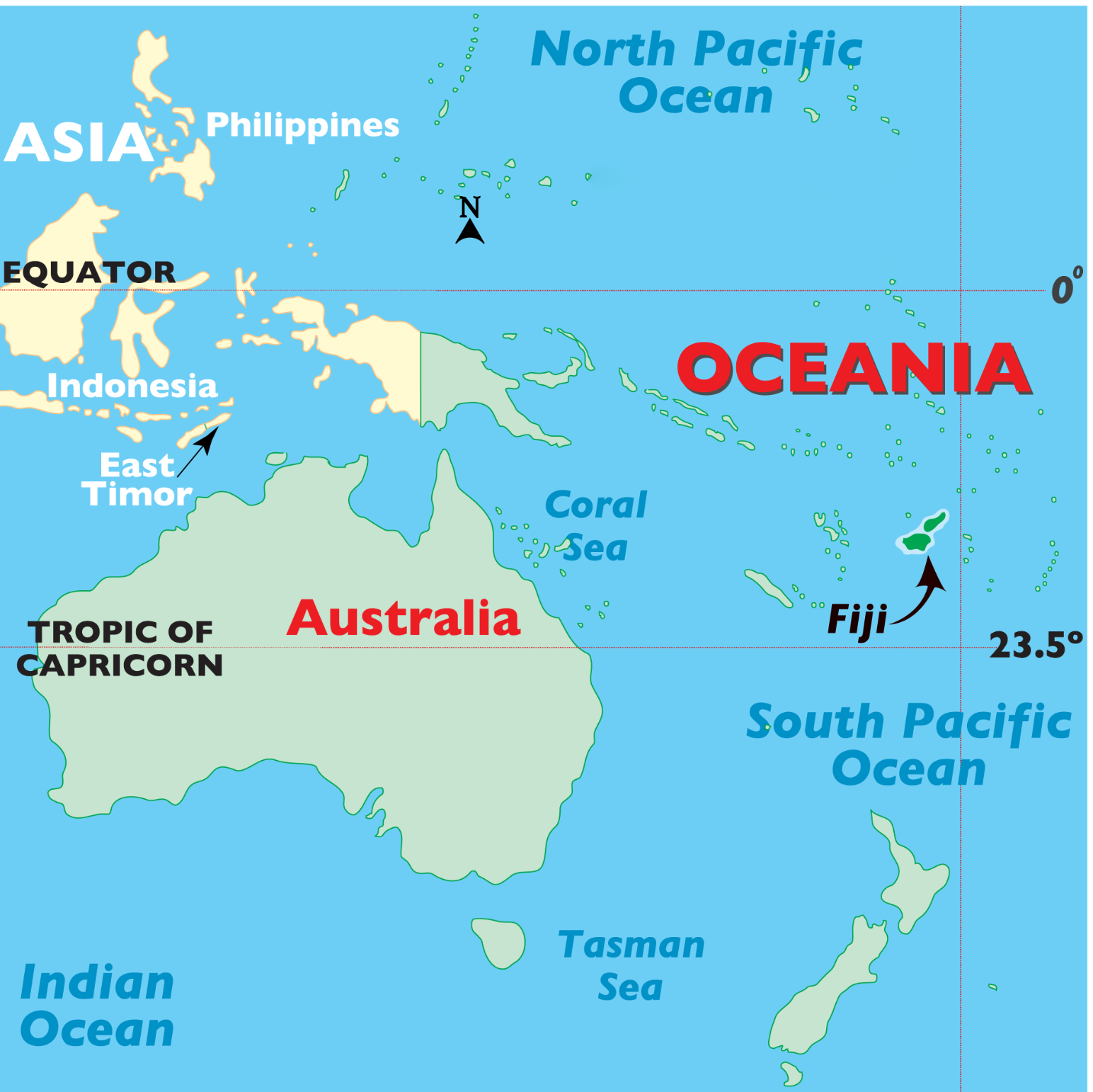Expanding the OCI Card Scheme | 12 Apr 2024
Why in News?
Recently, India has been contemplating extending the Overseas Citizenship of India (OCI) Card privileges to overseas Indians in Fiji and other nations after relaxing the rules for Suriname.
- In 2023, India announced an extension of the eligibility criteria for OCI card of the original Indian immigrants in Suriname, from the fourth generation to the sixth generation.
What is Overseas Citizenship of India (OCI) Card?
- About:
- The concept of OCI was introduced in response to demands for dual citizenship by the Indian diaspora, particularly in developed countries.
- The Ministry of Home Affairs defines an OCI as a person who:
- Was a citizen of India on or after 26th January 1950; or
- Was eligible to become a citizen of India on 26th January 1950; or
- Is a child or grandchild of such a person, among other eligibility criteria.
- According to Section 7A of the OCI card rules, an applicant is not eligible for the OCI card if he, his parents, or grandparents have ever been a citizen of Pakistan or Bangladesh.
- The category was introduced by the government in 2005. The Government of India via the Citizenship (Amendment) Act, 2015 merged the Person of Indian Origin (PIO) category with the OCI category in 2015.
- Historical Background:
- The OCI Card scheme was launched during the Pravasi Bharatiya Divas in 2005.
- It was introduced as an acknowledgment of the persistent emotional attachment of the Indian diaspora to their country of origin.
- Limitations and Restrictions:
- They do not have the right to vote.
- They cannot hold constitutional offices or government jobs.
- They cannot purchase agriculture or farmland.
- OCI Card and Civil Rights:
- The OCI Card does not confer political rights.
- Holders cannot participate in elections or hold public office, reflecting the government’s stance on maintaining clear boundaries between citizenship and overseas citizenship.
- Benefits of the OCI Card:
- Multiple entry, multi-purpose lifelong visa to visit India.
- Exemption from registering with the Foreigners Regional Registration Office (FRRO) regardless of the duration of their stay.
- Parity with Non-Resident Indians (NRIs) in financial, economic, and educational fields.
- Current Scenario:
- The OCI card scheme has been a key element of the Indian government’s effort to deepen its relationship with its diaspora.
- As of March 2020, the Home Ministry had issued over 3.5 million OCI cards. According to the Ministry of External Affairs (MEA), this number had exceeded 4 million by early 2022.
- The vast majority were issued to foreign nationals in the United States, United Kingdom, Australia, and Canada.
- The focus on expanding the OCI card scheme highlights India's efforts to engage with and support its overseas Indian communities around the world.
Person of Indian Origin (PIO)
- PIO refers to a foreign citizen (except a national of Pakistan, Afghanistan Bangladesh, China, Iran, Bhutan, Sri Lanka and Nepal) who:
- at any time held an Indian passport or
- who or either of their parents/ grandparents/ great grandparents were born and permanently resident in India as defined in Government of India Act, 1935 and other territories that became part of India thereafter or
- is a spouse of a citizen of India or a PIO.
UPSC Civil Services Examination, Previous Year Question (PYQ)
Prelims
Q. With reference to India, consider the following statements: (2021)
- There is only one citizenship and one domicile.
- A citizen by birth only can become the Head of State.
- A foreigner once granted citizenship cannot be deprived of it under any circumstances.
Which of the statements given above is/are correct?
(a) 1 only
(b) 2 only
(c) 1 and 3
(d) 2 and 3
Ans: (a)

